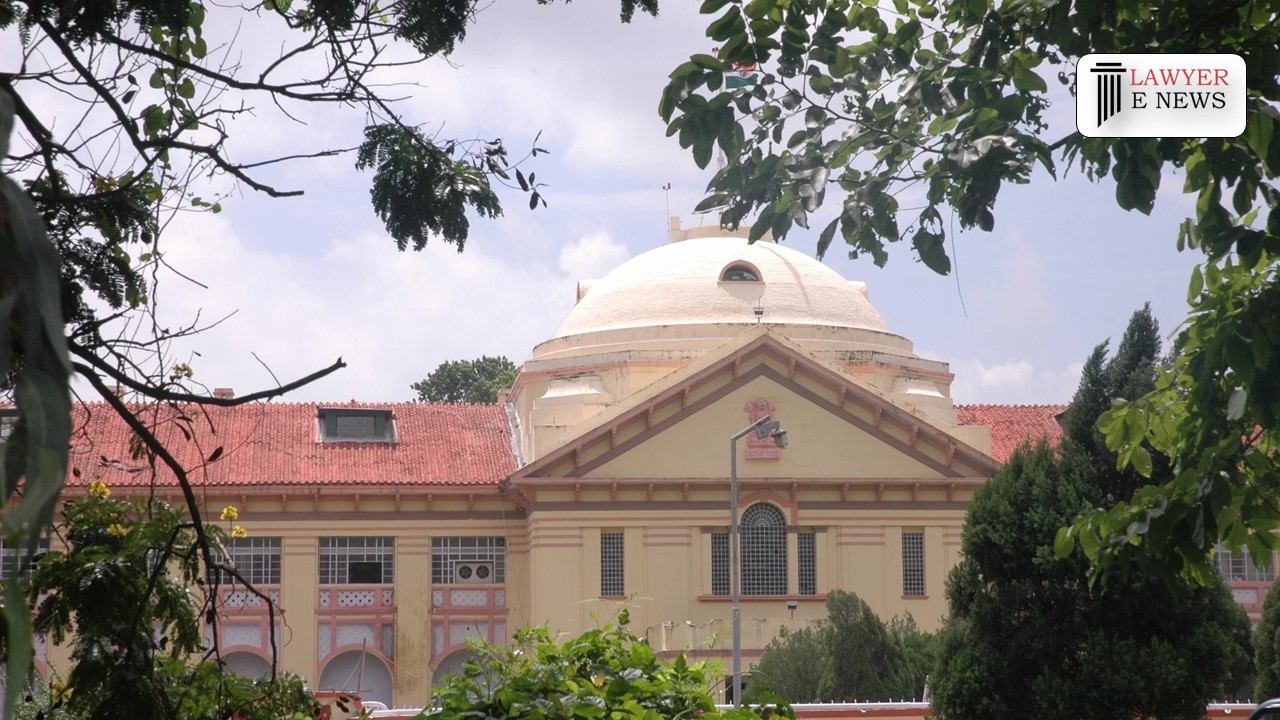-
by sayum
19 February 2026 7:24 AM



In a recent judgment, the Patna High Court, presided over by Honorable Mr. Justice Dr. Anshuman, partially allowed a criminal revision petition challenging a maintenance order passed by the Principal Judge, Family Court, Gaya. The petitioner, represented by Mr. Syed Alamdar Hussain and Mr. Shashi Bhushan Kumar, sought to set aside the order that directed him to pay maintenance allowances to his wife and child.
The case revolved around a dispute between the petitioner and his wife, who had been residing with her father in Village Barki Takia (Rasalpur), P.S.-Chandauti, District-Gaya. The order in question, passed on April 18, 2016, granted maintenance allowances of Rs. 6,000/- and Rs. 2,000/- per month to the wife and child, respectively, under Section 125 of the Criminal Procedure Code (Cr.P.C.), effective from the date of the order. The maintenance allowance for the child was to continue until he reached the age of majority.
During the proceedings, the petitioner contended that the child in question was not his biological child and requested a DNA test to establish paternity. The court, acknowledging the petitioner's claim, ordered the DNA test. However, it was revealed that the wife initially agreed to undergo the test but subsequently refused. This refusal led the court to draw an adverse inference against the wife.
Counsel for the petitioner argued that the adverse inference, combined with the wife's refusal to undergo the DNA test, indicated that she was involved in an adulterous relationship, disqualifying her from seeking any maintenance under Section 125(4) of the Cr.P.C. The counsel relied on a report from the Forensic Science Laboratory, Hyderabad, which allegedly supported the contention that the wife and child were not cooperative in carrying out the DNA test.
Examining the evidence and arguments presented, the court concluded that while adverse inference could be drawn from the wife's refusal to undergo the DNA test, it did not conclusively establish her alleged adulterous relationship. As a result, the court ruled that the adverse inference should only affect the wife's entitlement to maintenance, but not serve as conclusive proof of adultery.
Considering the circumstances, including the admitted marital relationship between the petitioner and the wife, the court held that the wife was entitled to maintenance as provided under Section 125 of the Cr.P.C. The court deemed the maintenance allowance of Rs. 6,000/- per month reasonable and declined to interfere with this aspect of the order. However, taking into account the child's refusal to undergo the DNA test, the court set aside the maintenance allowance of Rs. 2,000/- per month granted to the child.
In its final ruling, the Patna High Court partly allowed the criminal revision application, upholding the maintenance allowance of Rs. 6,000/- per month for the wife, but setting aside the maintenance allowance of Rs. 2,000/- per month for the child.
Date: May 11, 2023
